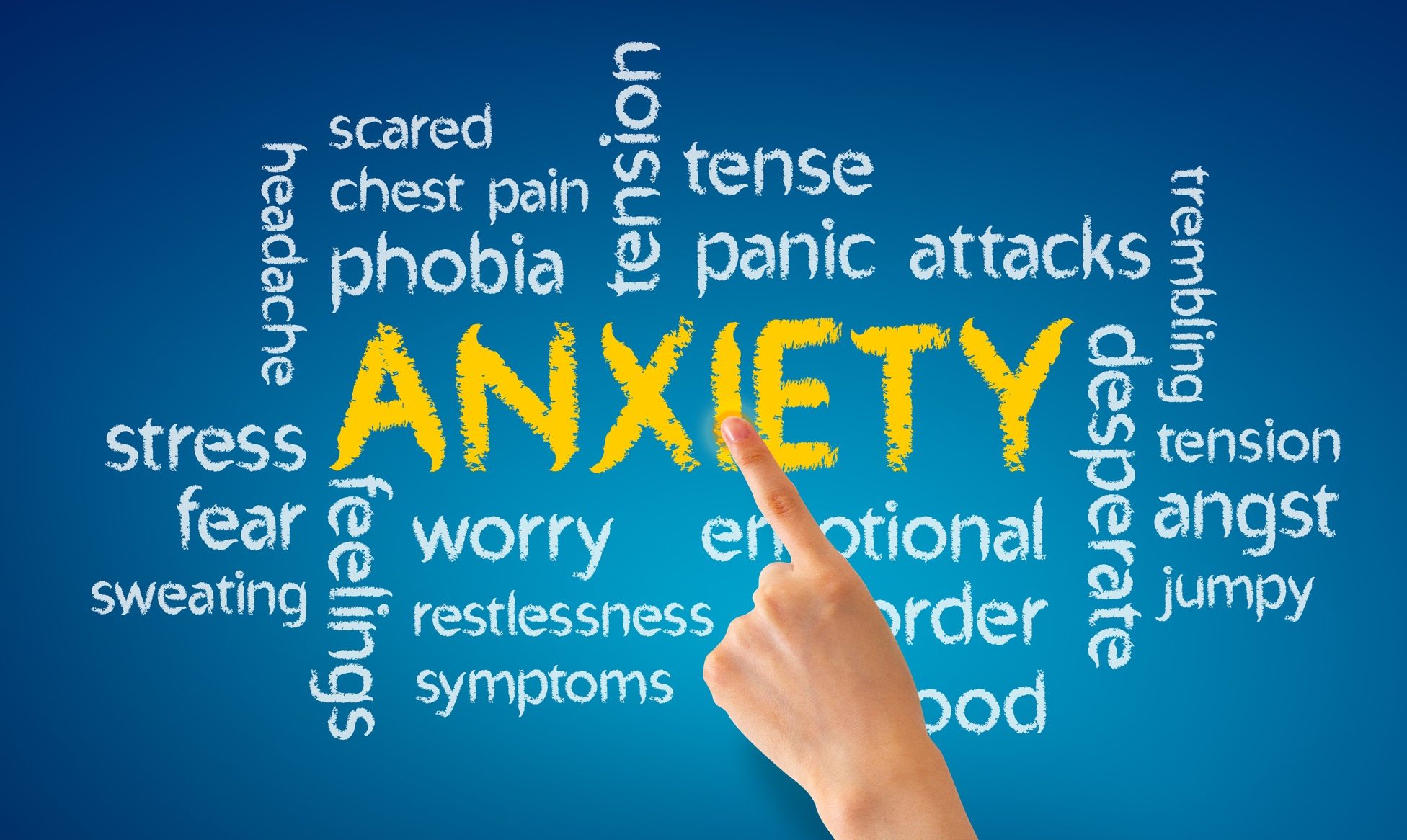Have you ever felt overwhelmed by a never-ending to-do list, a constant knot of worry tightening in your stomach, or a pervasive sense of sadness that seems to cling to you like a shadow? If so, you’re not alone. Stress, depression, and anxiety are unwelcome guests in the human experience, impacting millions of people worldwide. But fear not, for within this seemingly complex labyrinth lies a path towards understanding and, ultimately, healing.
Unveiling the Masked Infiltrator: What is Stress?
Stress. It’s a word we hear thrown around casually, often associated with deadlines, traffic jams, and financial burdens. But stress, in its essence, is a biological response designed to keep us safe. Imagine encountering a hungry bear in the woods. Your body would surge with adrenaline and cortisol, hormones that sharpen your senses, quicken your heart rate, and prepare you to either fight the threat or flee the scene. This is the “fight-or-flight” response, a vital evolutionary adaptation.
However, in our modern world, the stressors we face are often chronic and relentless. Traffic jams become daily occurrences, financial burdens morph into a constant weight, and the relentless barrage of information bombards us with a constant sense of urgency. This chronic stress wreaks havoc on our bodies, leading to headaches, stomachaches, sleep disturbances, and even weakened immune systems. It’s like living in a state of perpetual fight-or-flight, with our bodies constantly on high alert, eventually leading to burnout.
The Colors of Sadness: Exploring the Depths of Depression
Depression, much like stress, often goes beyond simply feeling “down.” It’s a persistent state of sadness, hopelessness, and a loss of interest in activities that once brought joy. Imagine your world losing its vibrant color, replaced by a muted palette of grays. This is the experience of depression, where even the most basic tasks, like getting out of bed or showering, can feel insurmountable.
The physical symptoms of depression can be just as debilitating as the emotional ones. Sleep can become fragmented, replaced by restless nights or an overwhelming urge to sleep all day. Appetite can fluctuate wildly, with some experiencing a complete loss of interest in food while others find solace in unhealthy comfort eating. Physical aches and pains that seem to have no medical explanation are also common with depression.
The Unwanted Guest: Demystifying Anxiety
Anxiety, on the other hand, manifests as a constant state of worry and apprehension. It’s the feeling of being on edge, perpetually anticipating worst-case scenarios. Imagine your mind becoming a relentless storm of “what ifs,” each one fueling the flames of fear and unease. This constant state of worry takes a toll on the body as well. The heart races, mimicking the feeling of running from danger, even when there is no physical threat present. Breath becomes shallow, leading to a feeling of shortness of breath. Sleep becomes elusive, replaced by intrusive thoughts and restless nights. The body tenses up, leading to headaches, muscle aches, and digestive problems.
The important takeaway here is that stress, depression, and anxiety, while distinct experiences, often overlap and influence each other. Chronic stress can increase your vulnerability to depression, and anxiety can be a symptom of both stress and depression. However, despite the challenges they present, there is hope. Effective strategies exist to manage these conditions and reclaim your mental well-being.
Breaking Free from the Chains: Effective Strategies for Managing Stress, Depression, and Anxiety
The first step towards reclaiming your mental health is prioritizing self-care. Think of yourself as a wilting flower in need of sunshine and water. Nourishing your body with a balanced diet rich in fruits, vegetables, and whole grains provides the essential nutrients your brain needs to function optimally. Regular exercise, even a brisk walk in nature, is a powerful tool for reducing stress hormones and promoting feelings of well-being. Prioritizing sleep is crucial, as sufficient rest allows your body and mind to rejuvenate and repair. Mindfulness and relaxation techniques, such as deep breathing exercises and meditation, can help calm the storm within and cultivate inner peace.
Building a strong support system is another critical component of managing stress, depression, and anxiety. Talking to a trusted friend, family member, or therapist can provide a safe space to express your emotions and gain valuable support. Therapy offers a structured approach to addressing negative thought patterns, developing coping mechanisms, and building resilience. Additionally, support groups connect you with individuals who share similar experiences, fostering a sense of belonging and reducing feelings of isolation.





